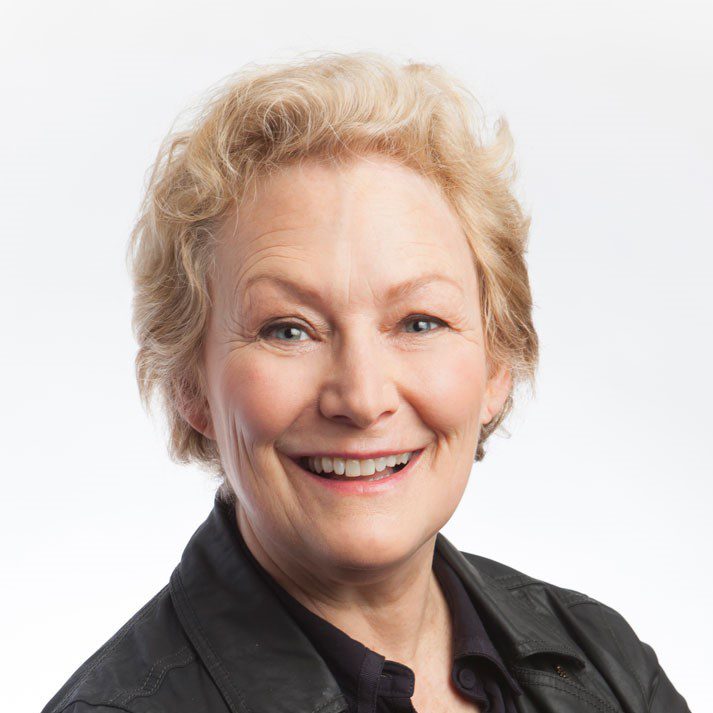
Kathryn Edin on Changing 400 Years of Poverty
Can we shift a historic stigma towards people living in poverty? Princeton poverty researcher and author Kathryn Edin describes welfare...
About This Episode
Can we shift a historic stigma towards people living in poverty? Princeton poverty researcher and author Kathryn Edin describes welfare reforms in the 1990s that were based on fear that recipients would become dependent on the system and how changes to certain tax credits in the $1.9 trillion COVID relief American Rescue Plan will give more Americans support to move out of poverty. “We have turned 400 years of history about how we treat the poor and think about the poor… on its head,” says Edin. “The message [these new credits] is sending to people who are struggling is, ‘we trust you and we want to support you.’ This is literally the opposite of the message we’ve been sending for over 400 years.” This conversation explores how we can all work to make these new supports permanent.Resources and Mentions:

Kathryn J. Edin
Professor of Sociology and Public Policy
Kathryn Edin is one of the nation’s leading poverty scholars and author of many books on the topic. She is the William Church Osborn Professor of Sociology and Public Affairs at The Princeton School of Public and International Affairs and Director of The Bendheim-Thoman Center for Research on Child Wellbeing.
$2 a Day: Living on Almost Nothing in America
http://www.twodollarsaday.com/This revelatory book was the New York Times Notable Book of the Year, winner of the 2016 Hillman Prize for Book Journalism, a finalist for The Society of the Midland Authors Adult Nonfiction Book of the Year, and on shortlist for the J. Anthony Lukas Prize Project Awards.


